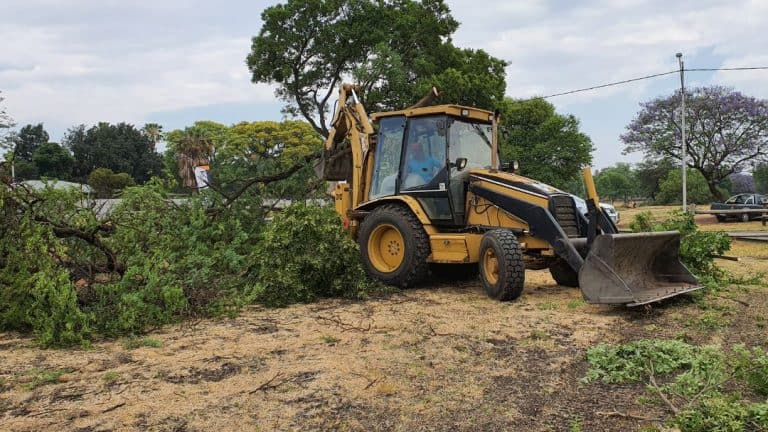AfriForum ready to present arguments in Constitutional Court regarding limitations of SAHRC’s powers
AfriForum filed an affidavit with the Constitutional Court to bring pertinent information to this court’s attention, following the South African Human Rights Commission’s (SAHRC) application for leave to appeal against a judgment of 15 August 2024. This judgment confirms that the SAHRC cannot issue binding directives.
AfriForum requests in the affidavit to be informed of the court’s decision to grant leave to appeal to the SAHRC or not. The organisation intends to take the necessary steps in order to be admitted as a friend of the court should leave to appeal be granted. AfriForum acted as a friend of the court in the case that was heard by the Supreme Court of Appeal earlier this year. The organisation’s arguments to the Supreme Court of Appeal are also attached to the affidavit to the Constitutional Court.
The SAHRC’s application for leave to appeal was served on AfriForum’s legal team on 5 September. The notice incorrectly indicated that the civil rights organisation’s legal team was acting on behalf of the second respondent (AgroData) in the matter. AfriForum’s legal team requested that the notice be corrected immediately.
The issue of the binding nature of SAHRC directives will have a far-reaching impact. It is of crucial importance that the court does not consider only the SAHRC’s views.
According to Louis Boshoff, Campaign Officer at AfriForum, the standing judgment is clear about what the constitutional powers of the SAHRC are, and it is actually pointless to appeal against it. “AfriForum is well aware of the implications of this case and will therefore defend the constitutional order to the end.”
In May 2018, the SAHRC received a complaint from occupiers on the farm De Doorn Hoek, in Mpumalanga, after the owners of the land, AgroData, allegedly placed restrictions on the occupiers’ access to borehole water in 2016. The SAHRC investigated the matter and made findings that were ultimately not implemented by the landowner. In an attempt to have the directives enforced, the commission turned to the Mpumalanga High Court in Mbombela. However, this court dismissed the SAHRC’s application in March 2022 and ruled that, although the SAHRC can make recommendations, they could not prove that all directives issued by the SAHRC are binding. In response, the SAHRC approached the Court of Appeal to appeal this decision. However, the Court of Appeal upheld the judgment of the Mpumalanga High Court.
“The SAHRC has made numerous controversial and bizarre findings in recent years and it is therefore of the utmost importance that this should not be binding from the outset,” concludes Boshoff.











